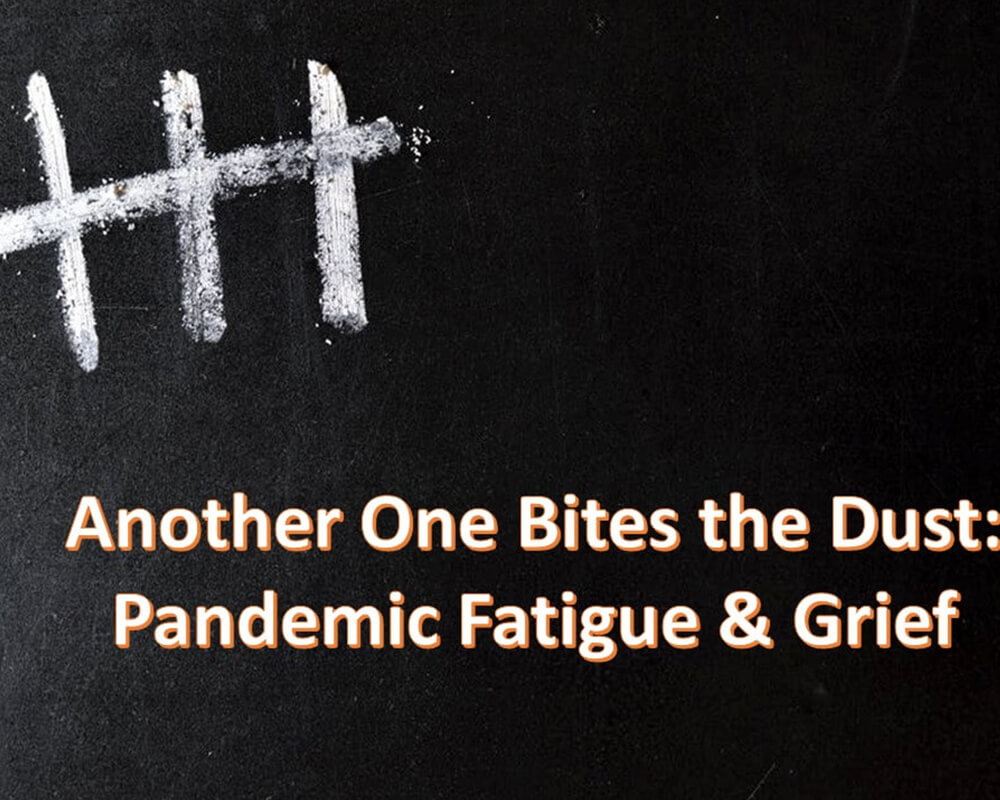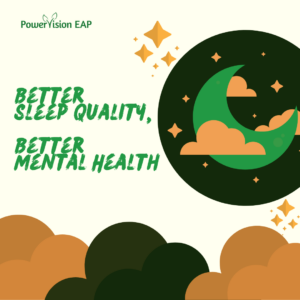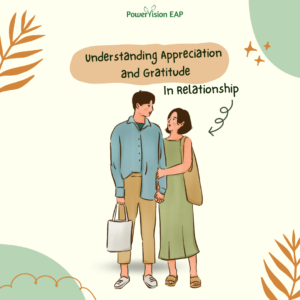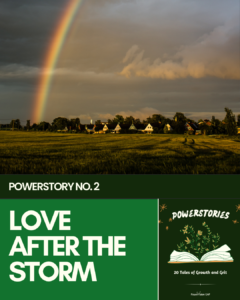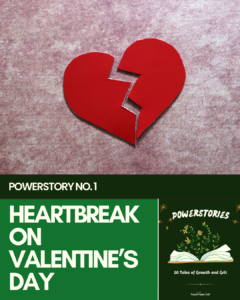Last week, I got a message that a former colleague died from COVID. The previous week, it was a cousin, and the week before, another relative. When I open my social media, I see condolences and prayers for sick loved ones. At work, we are getting more requests for grief counseling and grief support groups from our client companies. I am reminded of this 80’s song by Queen:
Another one bites the dust
Another one bites the dust
And another one gone, and another one gone
Another one bites the dust.
Are you sick and tired of COVID? Beware of pandemic fatigue. The WHO describes pandemic fatigue as a natural expected reaction to sustained and unresolved adversity. It is dealing with intense emotions for a long time without knowing when it will end. It can lead to complacency, alienation, and hopelessness. Some symptoms of pandemic fatigue cited by the Australian National Mental Health Commission are lack of energy or motivation, irritability, and decreased engagement. The signs may vary with each person.
Here are my tips on what you can do to beat pandemic fatigue:
Count your losses.
I believe that at the core of pandemic fatigue is our experience of loss. I might call it pandemic grief fatigue. And the first step to healing is to acknowledge what we have lost. If you lost loved ones, then they would be at the top of your list. You may have also lost the opportunity to say goodbye, to have a proper wake or funeral service, to receive hugs or have a shoulder to cry on during your time of greatest distress. You can also count that person’s role in your life as loss … seeing that proud look from your grandparent when you accomplish something, having a mentor you can always go to for advice, or laughing out loud with a good friend.
Or you may have lost your job, and along with that, your financial security, pride, a feeling of belonging to an organization and the company of your colleagues. If the pandemic has reduced your household income, then you may have lost some comforts or conveniences you used to enjoy. The pandemic has also brought intangible losses, like a sense of security and control over our lives, being able to make plans and do what we want without too many restrictions.
And don’t be shy or guilty that your losses seem trivial compared with other people you know. Maybe you just miss playing your favorite sport or having leisurely trips to the mall with your family. These are still losses worth grieving for. So, count your losses, big and small, whether you incurred them directly or indirectly because of the pandemic.
Count your blessings.
Grieve and mourn well over your losses. And then count your blessings! If you look hard enough, you will discover many blessings! Enjoy and make the most of your blessings.
Who are the people you have in your life? You can thank them for being there for you. Nurture your closest relationships. Consider the quarantine as an extended family vacation, even with those irritations that offer opportunities to grow closer! Try connecting with long-lost friends too. Now that everyone is used to having virtual meetings, take advantage of being able to meet more people without having to go through traffic or spending money in a restaurant!
What are your talents? What do you know that others don’t? What has life brought you that made you wiser? Be thankful and enjoy using these strengths in what you are doing. Or perhaps you can use these strengths to pursue an alternative career, start your own business, or take up a hobby you enjoy.
The pandemic has made me thankful for many things that I used to take for granted. The COVID-19 symptoms I hear about have made me appreciate my ability to breathe and taste the flavors of what I eat. I am thankful for conveniences like electricity, internet and running water. Every day that I wake up healthy is a blessing.
So go ahead and count your blessings, big and small, including the ones indirectly brought about by the pandemic.
Count your days and make your days count.
Hearing about death forces us to face our own mortality. That makes us anxious, which may lead to unreasonable or obsessive measures to avoid the virus. Other people avoid thinking or talking about it. But with or without a pandemic, we will all face death sooner or later. So, we might as well be prepared now.
The prospect of death makes people think of existential and spiritual matters. What is the meaning of life? Why do I exist? Is there life after death? What happens after I die? This may be a good time to ponder on these questions and search for answers, if you have not done so already. Research done by Oxford University showed that people who were intrinsically religious had less fear of death. People who believe in God usually want to get right with their Creator before they die. Personally, my faith in Jesus Christ has made me confident to face death knowing that I will be with Him, by His grace and goodness. Seek answers to your questions about life.
Practical measures may also help. Prepare or update your will. Get life insurance to provide for the people you will leave behind. Make amends with people you’ve offended and forgive those who offended you.
Make each day count. You may want to make a bucket list of things you want to do in this world. Or you may want to live one day at a time and do one simple thing each day that you enjoy. The key is to know what really matters to you, so that you get to focus on these things. Many people want to add meaning to their life by leaving a legacy, no matter how humble. You may decide to spend more quality time with family, to teach your children good values. Or you may want to make an impact in the community by doing volunteer work. As for me, I hope to leave a legacy of helping more people with their mental well-being, and thus this post after a very long absence from social media.
Keep safe while counting your losses, blessings, and days, and make each day count!

